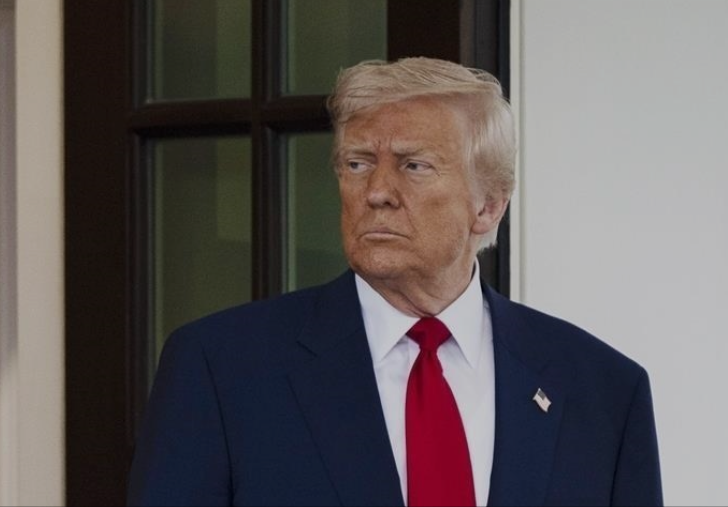Pressure mounts on Defense Secretary Pete Hegseth over alleged leaks of sensitive military operations
The Pentagon is facing mounting turmoil following the revelation of a second private Signal chat involving U.S. Defense Secretary Pete Hegseth, escalating concerns about operational security and leadership within the Department of Defense.
According to a report from The New York Times, Hegseth reportedly shared sensitive details about U.S. military operations in Yemen with a private Signal group chat that included his wife, brother, and several personal acquaintances. This revelation comes just weeks after the existence of a separate Signal chat with top Trump administration officials was made public.
Former Pentagon Spokesman: ‘Full-Blown Meltdown’ Under Hegseth
The controversy intensified Sunday when John Ullyot, a former Pentagon spokesperson, published a scathing op-ed in Politico, describing the Department of Defense under Hegseth as a “full-blown meltdown.”
“From leaks of sensitive operational plans to mass firings, the dysfunction is now a major distraction for the president — who deserves better from his senior leadership,” Ullyot wrote.
Ullyot’s resignation last week, coupled with his blistering critique, has further fueled calls for Hegseth’s removal.
Details of the Second Signal Chat Leak
Unnamed sources familiar with the private chat told The New York Times that Hegseth personally created the Signal group, where he shared flight schedules for F/A-18 Hornets ahead of airstrikes against Houthi rebels in Yemen. The Guardian later confirmed the existence of this private chat.
This follows reports that Hegseth had already shared similar information in another Signal chat led by National Security Adviser Mike Waltz, which became public after journalist Jeffrey Goldberg was mistakenly added.
Trump Defends Hegseth, Critics Demand Resignation
Despite growing controversy, Donald Trump defended his defense secretary during the White House’s annual Easter Egg Roll.
“Pete’s doing a great job. It’s fake news,” Trump said. “He was put there to get rid of a lot of bad people, and that’s what he’s doing.”
Hegseth also dismissed the accusations, attributing the reports to “disgruntled former employees” and media bias.
“This is what the media does. They take anonymous sources and try to ruin people’s reputations,” Hegseth said. “We’re changing the Defense Department and putting it back in the hands of warfighters.”
Official Pentagon Response
Sean Parnell, the Pentagon’s chief spokesperson, issued a statement via X on Sunday night, calling the reports “another old story” and accusing the media of targeting Trump loyalists.
“There was no classified information in any Signal chat, no matter how they spin it,” Parnell said. “The Department of Defense is stronger and more efficient under President Trump’s agenda.”
Bipartisan Condemnation
Critics on Capitol Hill, however, expressed outrage. Sen. Tammy Duckworth (D-Ill.), a combat veteran, called Hegseth “a threat to our national security” and demanded his immediate resignation.
“Every day he stays in his job is another day our troops’ lives are endangered by his singular stupidity,” Duckworth stated.
Sen. Jack Reed (D-R.I.), a senior member of the Senate Armed Services Committee, labeled Hegseth’s alleged actions “reckless” and reiterated longstanding concerns about his qualifications.
“Mr. Hegseth lacks the experience, competence, and character to run the Department of Defense,” Reed said.
What’s Next for the Pentagon?
The dual Signal chat scandals, coupled with mass staff turnover and operational leaks, are placing intense pressure on the White House to act. With growing bipartisan calls for accountability and national security concerns mounting, the future of Pete Hegseth’s leadership at the Department of Defense remains uncertain.



